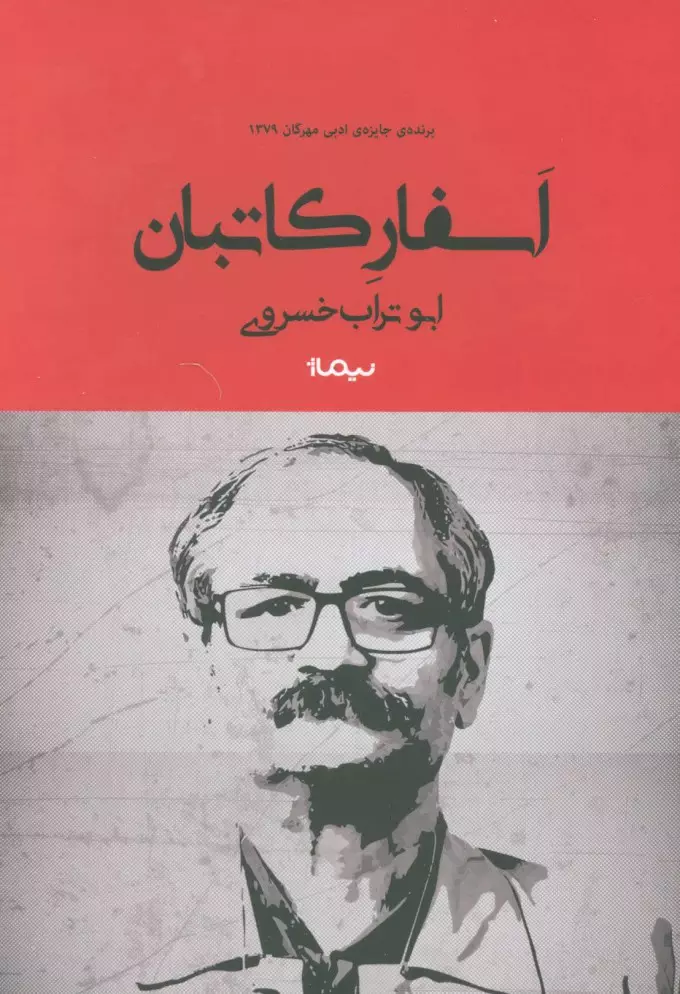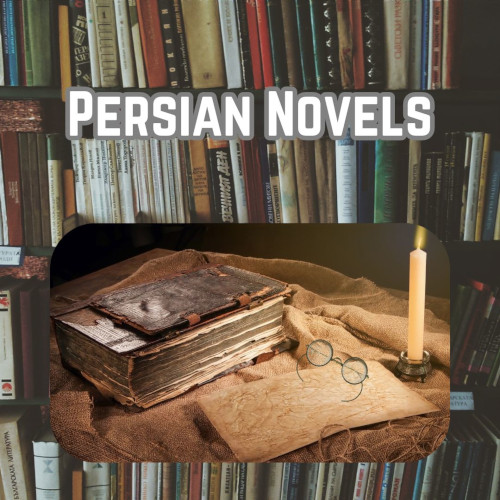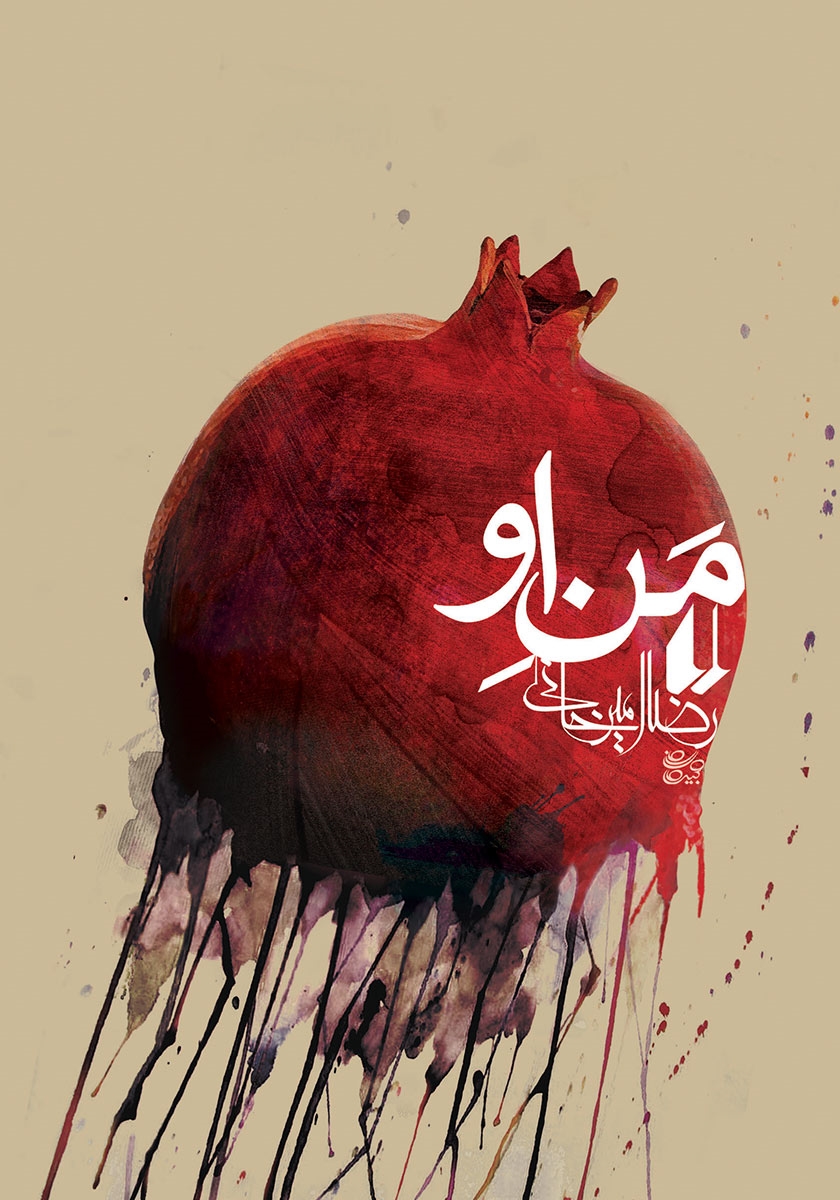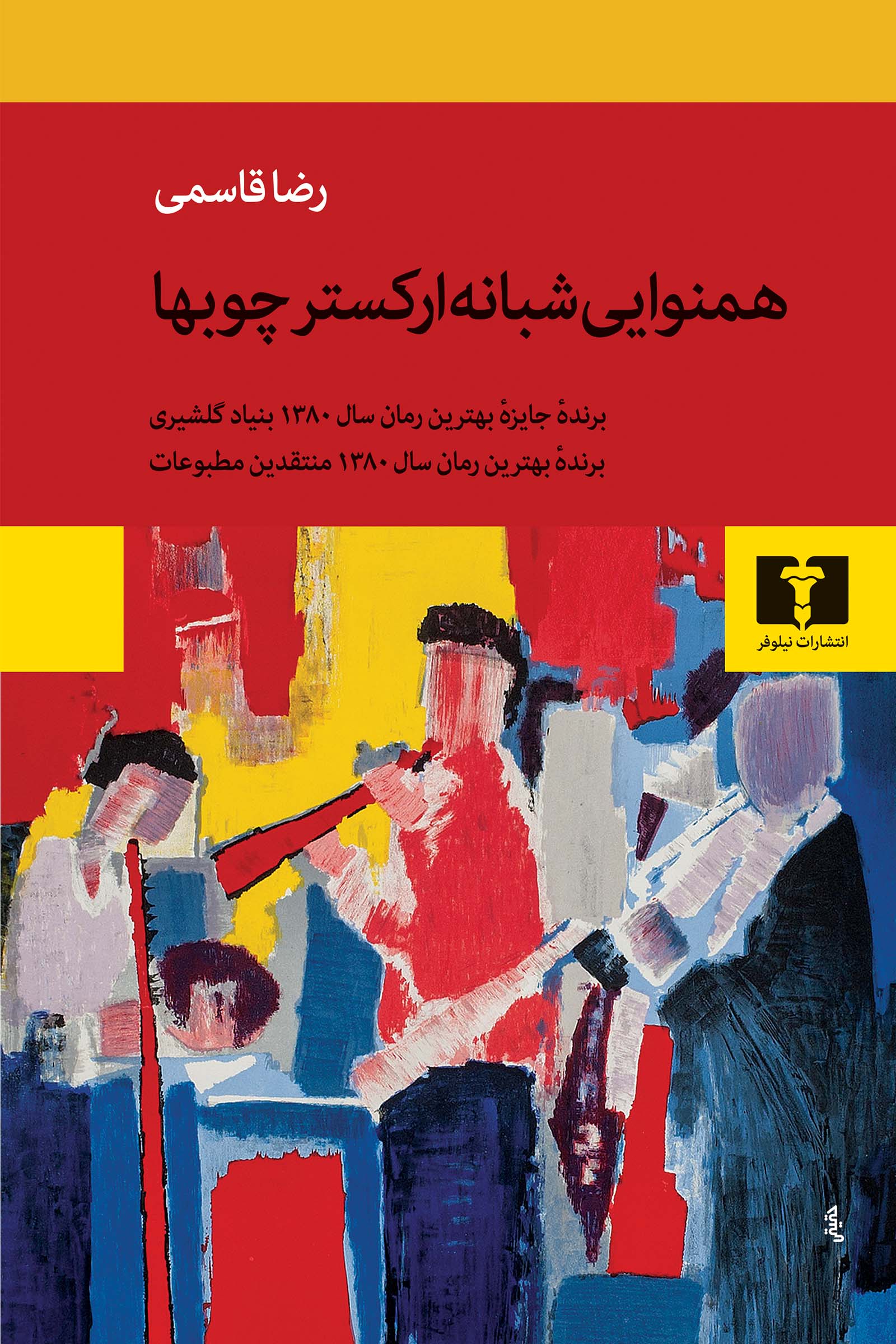Asfar-e Kataban (The Travels of the Scribes)

Author: Ebrahim Atourab Khosrav
Genre: Literary Fiction
Publication Year: 1999
Asfar-e Kataban (The Travels of the Scribes), written by Ebrahim Atourab Khosravi and published in the late 1990s (1370s in the Persian calendar), represents a significant moment in Iranian literature. This novel exemplifies the literary evolution of its time, blending global literary trends with the deep storytelling traditions of Iranian and Eastern culture. Khosravi, a prominent figure in contemporary Iranian literature, is often recognized for his innovative style, which is heavily influenced by the legacy of iconic writers like Houshang Golshiri.
The novel is an intricate tapestry of themes and ideas, exploring the interplay between two contrasting perspectives. One holds that all things are governed by celestial forces, with humanity as a medium for divine manifestations. The other argues for the immortal presence of ideas and words as a substitute for the impermanence of human flesh, echoing the philosophical musings of Sheikh Yahya Konari.
At its core, Asfar-e Kataban is a tale of love and devotion, encapsulated in the story of Eghlima. However, the narrative is far from linear. Khosravi weaves together overlapping, interlaced stories that challenge conventional storytelling structures. The novel invites readers into a world where reality and mysticism blend, creating a layered narrative that mirrors the complexities of Eastern philosophy and Sufi thought.
One of Khosravi’s standout qualities as a writer is his ability to harmonize modern literary techniques with the poetic and allegorical storytelling traditions of Persian literature. This fusion results in a novel that feels both timeless and contemporary. The prose is rich and dense, often requiring readers to pause and reflect on the underlying meanings within its labyrinthine sentences and philosophical undertones.
While Asfar-e Kataban may not be a quick or easy read, its depth and beauty make it a rewarding experience for those willing to engage with its complex structure and profound ideas. It is a novel that speaks to the soul, asking readers to ponder existence, the sacred, and the eternal power of words.
For lovers of experimental literature and Persian storytelling, Asfar-e Kataban is a masterpiece that exemplifies the potential of blending modernity with tradition. It remains a cornerstone of Iranian literary innovation and a testament to Khosravi's skill in pushing the boundaries of narrative and form.



